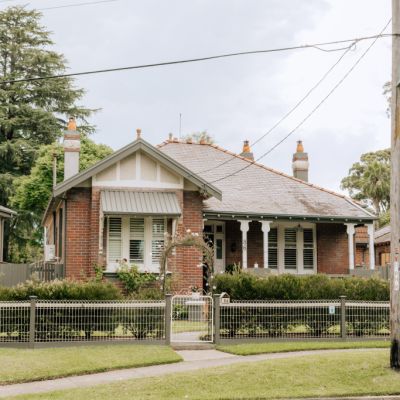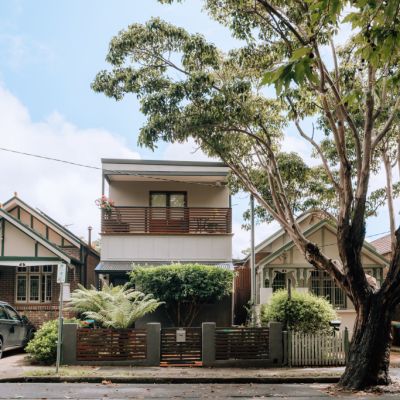How to estimate and track your real estate property value
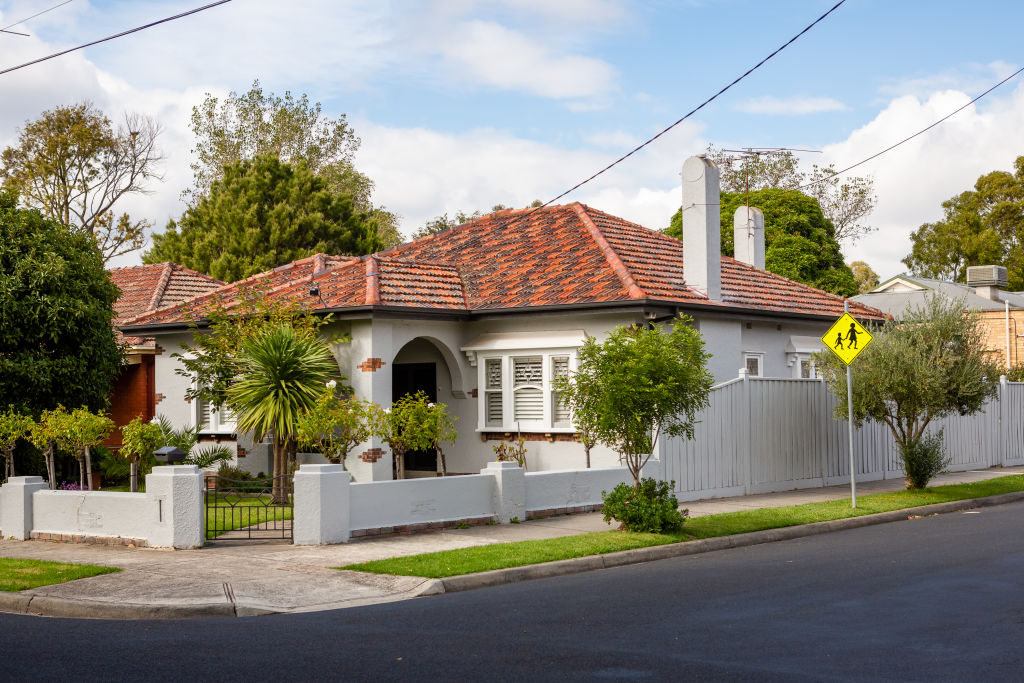
When it seems everyone around you is talking house prices, how do you know what your home is worth?
If it’s been a while since you made your purchase, it can be difficult to keep up to date with your property’s value over the years.
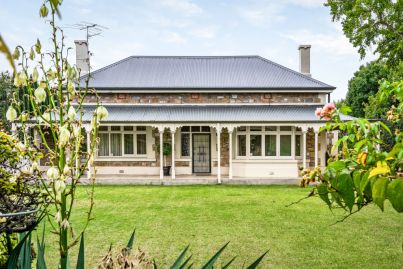

“The very first thing you need to realise is that you’ll usually think your home is worth more than it is,” says buyers’ agent Rich Harvey chief executive of Property Buyer. “People tend to love their homes but they don’t consider that someone else won’t have the same emotional attachment.”
It can also be tricky assessing an exact value for your home, too. An auction with two determined bidders, for instance, could easily push up the price way beyond what it should truly fetch, all other things being equal. So, how do you work out a value?
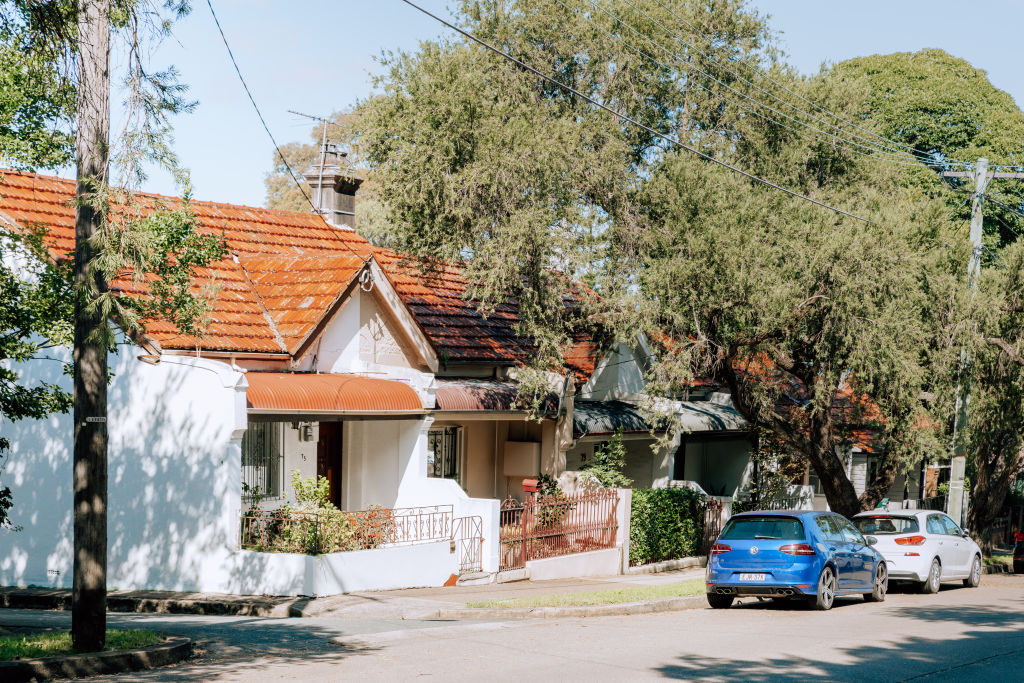
Ask an agent for an appraisal
Most agents will be happy to oblige, says Shannon Cleary of Ray White Elizabeth Bay. “You might be pleasantly surprised by how much it is worth in today’s market, and that might make you re-examine what you want to do,” she says. “It’s good to have an accurate handle on what your home, usually most people’s biggest asset, is worth.”
Keep an eye on your local market
Visit properties for sale in your local area, looking at between 10 and 20 properties that you think are comparable to yours, recommends Harvey. “For instance, if you have a four-bedroom house, look at similar ones as well as five and three-bedroom houses,” he says. “Or if you have a backyard, visit those with a pool and those without a yard, and ask the agent for the price guides.”
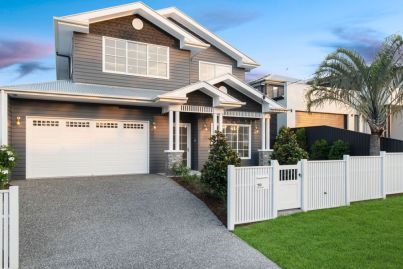
Examine the homes carefully
You should try to look at a property with a valuer’s eye. They tend to look at location first, then area and land size, aspect or outlook, construction materials, street appeal, floor plan, internal condition and whether there’s parking, says Harvey.
Try to assess every factor dispassionately in comparison with the features of your own home. “Also look to see if there’s a wow factor with those, or yours,” adds Cleary. “For instance, you might have an apartment in a very popular old art deco building that rarely has properties coming up for sale. Or a high quality recent renovation has really added value.”
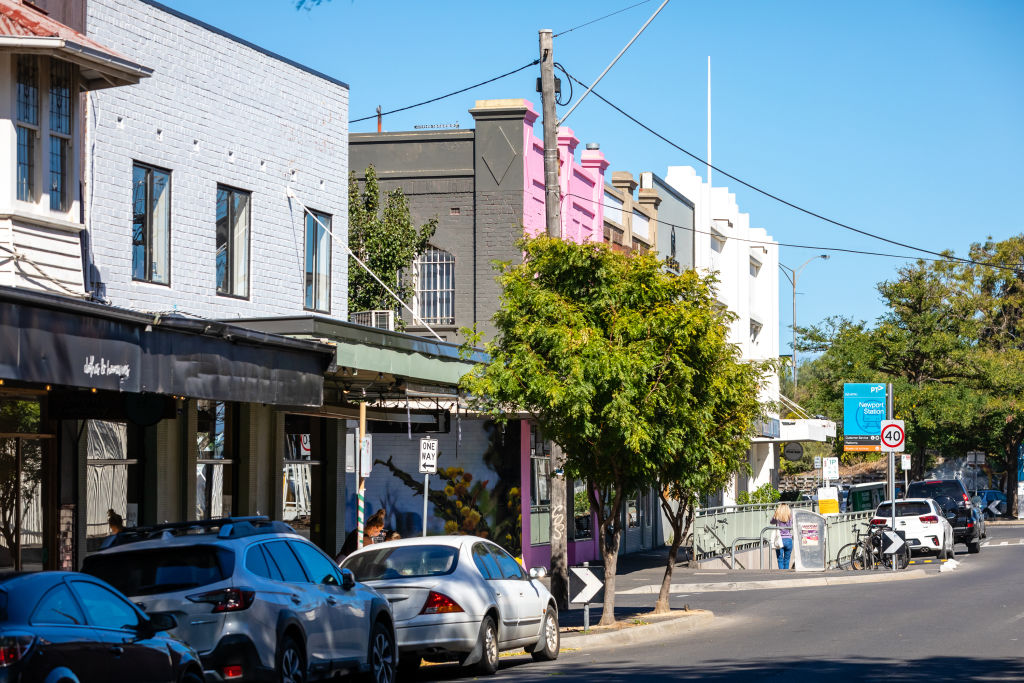
Track the sales data
An agent may have under or over-estimated the value of those homes for sale, so you also need to find out what they actually sold for. If you can attend some of the auctions, do; there’s nothing like seeing firsthand how much interest a particular property excites, says Brooke Marshall of Ballard Property. “If you’re actually there, then you can see the activity at each auction,” she says. “You’ll see how many bidders there were and how determined they were, how many bids were put in and then how the price rose.”
You can always phone the agent after the auction too, to ask the price achieved, and you can also subscribe to Domain’s weekly round-up of Saturday auction results.
Get a professional valuation for a price estimate
This should cost around $500 to $700 from a registered valuer, says Harvey.
Increase the value of your home
Once you have a good idea of the likely value of your property, take a look at how you can increase that, advises Marshall. “In a market that’s certainly tightening, and while interest rates are low, it’s a good time to have work done,” she says. “That might be as simple as having outstanding repairs all done, to improving the presentation of your home with new paintwork.”
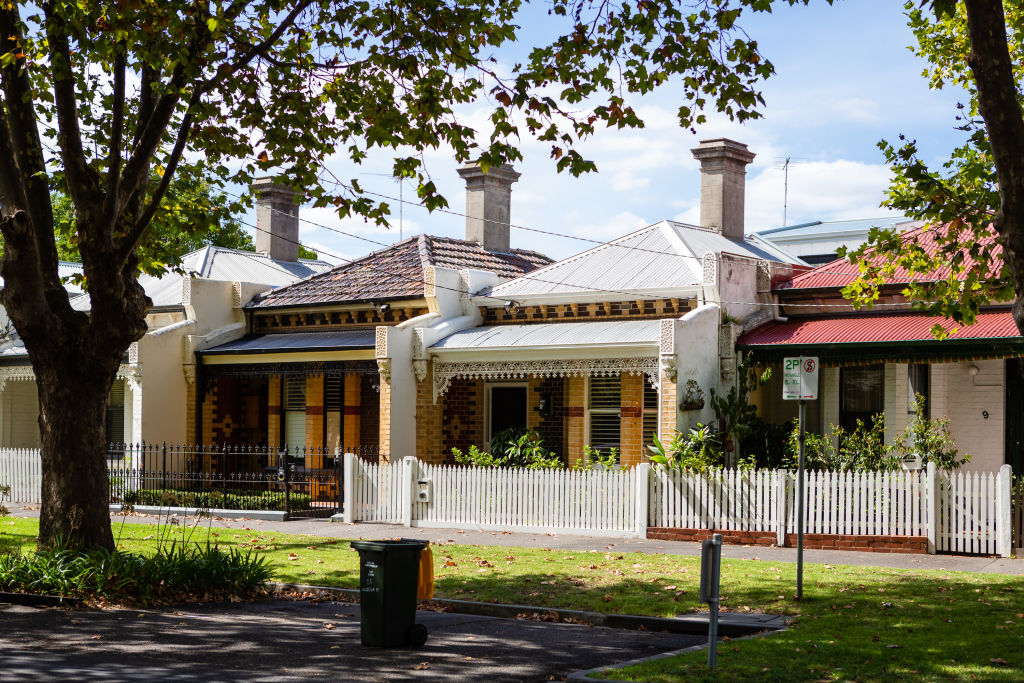
Keep an eye on likely future price changes
Is the population of your area changing? Are there perhaps more young families moving in to take over the large homes as empty-nesters move out to suburbs with homes on smaller blocks or newer apartments? Are more professional couples moving in as they judge your locality to be a great place for working from home? These kinds of population movements could send prices trending upwards as the area gentrifies.
Look at the level of amenity
The value of your home is also likely to change as a result of new amenities coming to your area. Perhaps there’s a new light rail station being planned, a stop on the metro or a bypass onto a major road. Maybe a new school is set to be built, a childcare hub or a new shopping centre. “These kinds of facilities are likely to make your suburb much more desirable in the future,” says Cleary. “A new school might attract more families. But, by the same token, keep an eye open for trends that may depress the price, like shops and cafes closing.”
Study the housing supply
If there’s a development application in for a new housing estate close to your home, with houses comparable to yours – except newer – or a major apartment complex with units nicer than yours, be ready for other price fluctuations. The increase in supply might push your value down or, if your area becomes more desirable, you could benefit in the long run.
We recommend
We thought you might like
States
Capital Cities
Capital Cities - Rentals
Popular Areas
Allhomes
More
